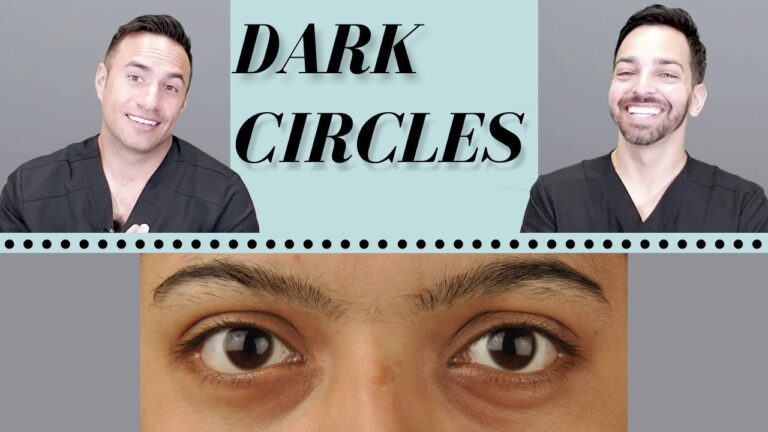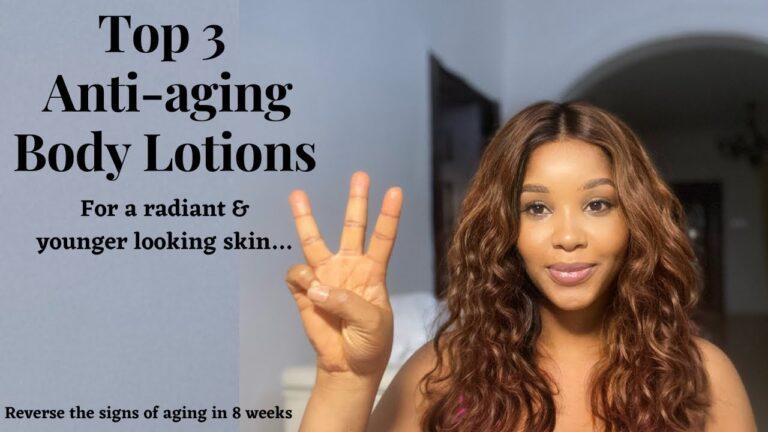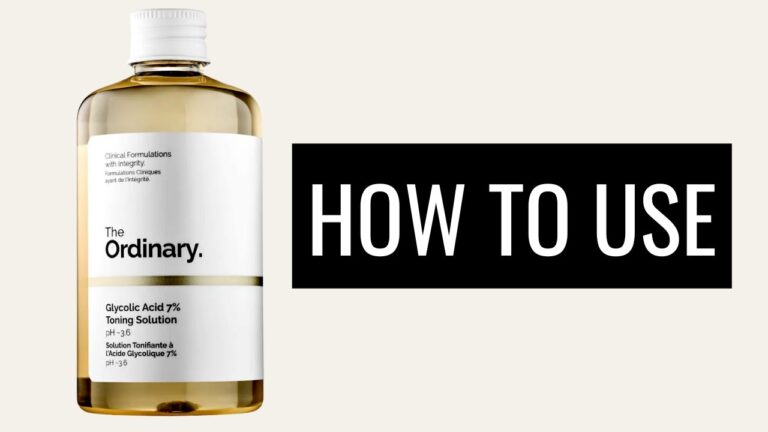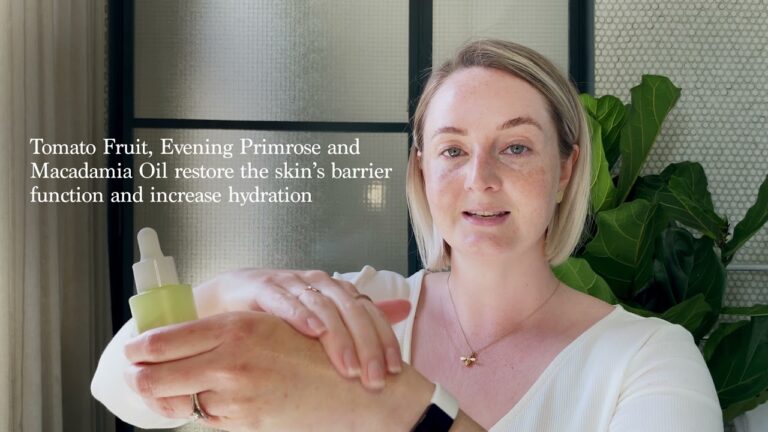Discover Effective Skincare Routines to Combat Acne and Achieve Nice Skin
Acne is a common skin condition that affects millions of people worldwide. It occurs when hair follicles become clogged with oil and dead skin cells, resulting in the formation of pimples, blackheads, and whiteheads. While acne is not a serious health condition, it can be frustrating and embarrassing to deal with, especially for those with severe cases.
If you’re struggling with acne, the good news is that there are plenty of treatments available to help you manage your symptoms and keep your skin looking clear and healthy. From topical creams and gels to oral medications and natural remedies, there are plenty of options to choose from, each with their own benefits and drawbacks.
Treatment Options for Acne
When it comes to treating acne, there is no one-size-fits-all solution. The type of treatment that will work best for you depends on the severity of your acne, your skin type, and other factors. Here are some of the most common treatment options to consider:
Topical Treatments
- Benzoyl peroxide: This medication works by killing the bacteria that causes acne.
- Salicylic acid: This medication helps to unclog pores and reduce inflammation.
- Retinoids: These medications help to unclog pores and reduce oil production.
Oral Medications
- Antibiotics: These medications help to kill the bacteria that causes acne and reduce inflammation.
- Birth control pills: For women, certain types of birth control pills can be effective in reducing acne.
- Isotretinoin: This medication is reserved for severe cases of acne and works by reducing oil production and unclogging pores.
Natural Remedies
While there is limited scientific evidence to support the use of natural treatments for acne, some people find them to be effective. Here are some natural remedies to consider:
- Tea tree oil: This essential oil has antibacterial properties and may help to reduce acne.
- Aloe vera: This plant has anti-inflammatory properties and may be effective in reducing acne.
- Zinc: This mineral has anti-inflammatory properties and may help to reduce acne when taken as a supplement.
Tips for Preventing Acne
While there is no surefire way to prevent acne, there are some steps you can take to reduce your risk of developing it. Here are some tips to keep in mind:
- Keep your skin clean by washing it twice a day with a gentle cleanser.
- Avoid touching your face, especially with dirty hands.
- Avoid picking at your pimples as this can lead to scarring and infection.
- Follow a healthy diet and lifestyle by eating a balanced diet, getting enough sleep, and managing stress.
While dealing with acne can be frustrating, remember that there are plenty of options available to help you manage your symptoms and keep your skin looking its best. Talk to your doctor about the best treatment options for you and be patient as you work to find what works best for your skin.
Contents
Most searched products:
Does Sephora Support Israel? Answering Your Questions
Get Smoother Feet with Glycolic Acid: The Ultimate Guide
10 Proven Skincare Products for Effective Treatment of Seborrheic Dermatitis
The Ordinary Foundation Colour Match
Benefits of Using Glycolic Acid for Dandruff Treatment
Unveiling the Wonders of The Ordinary Red Mask: Benefits, Ingredients, and How to Use It
The Ultimate Guide to Knowing When to Use Glycolic Acid
The Ultimate Guide to the B5 Passat: Tips, Parts, and Accessories
Lumin Skin Care Reviews: The Ultimate Guide to Glowing Skin
All You Need to Know About Tretinoin: The Ordinary’s Best Skincare Solution












